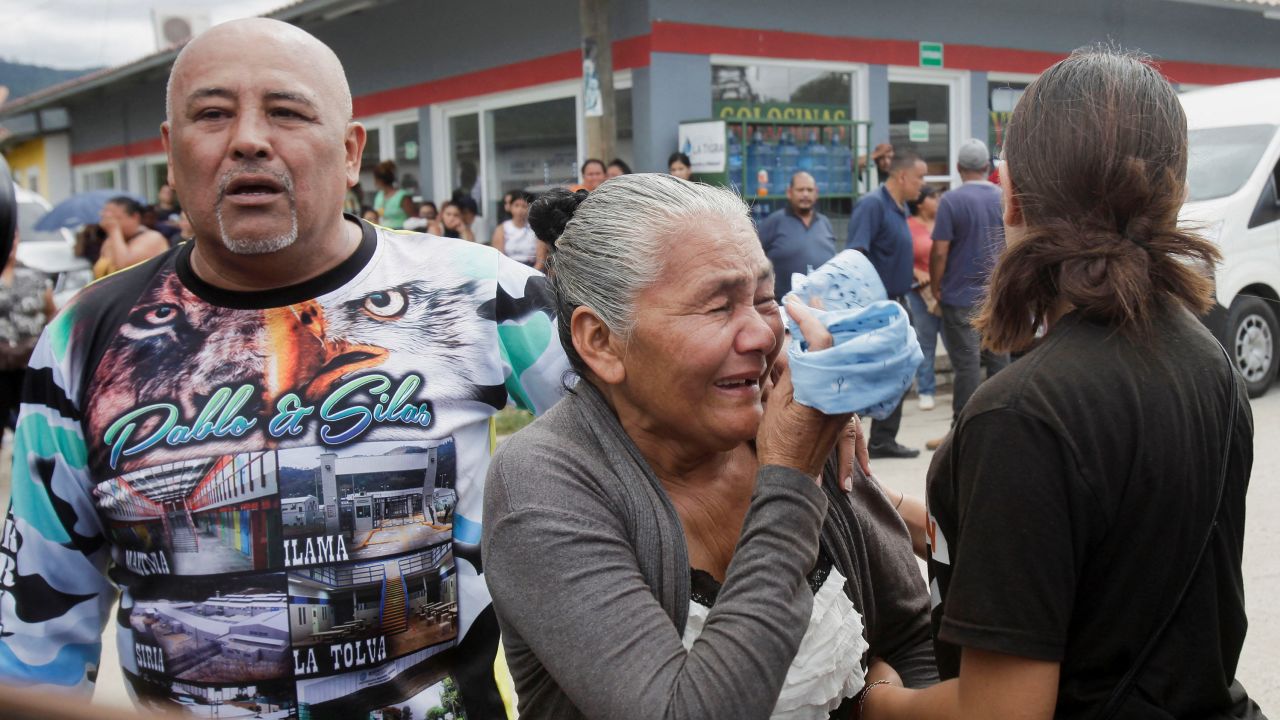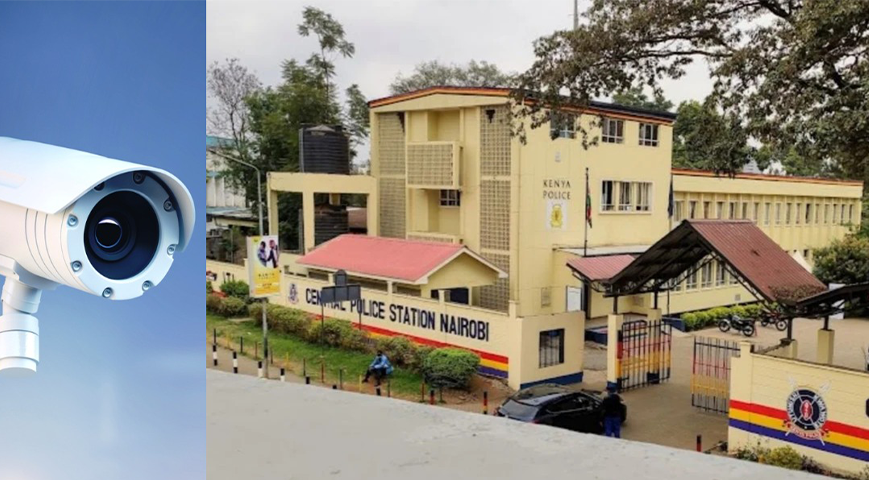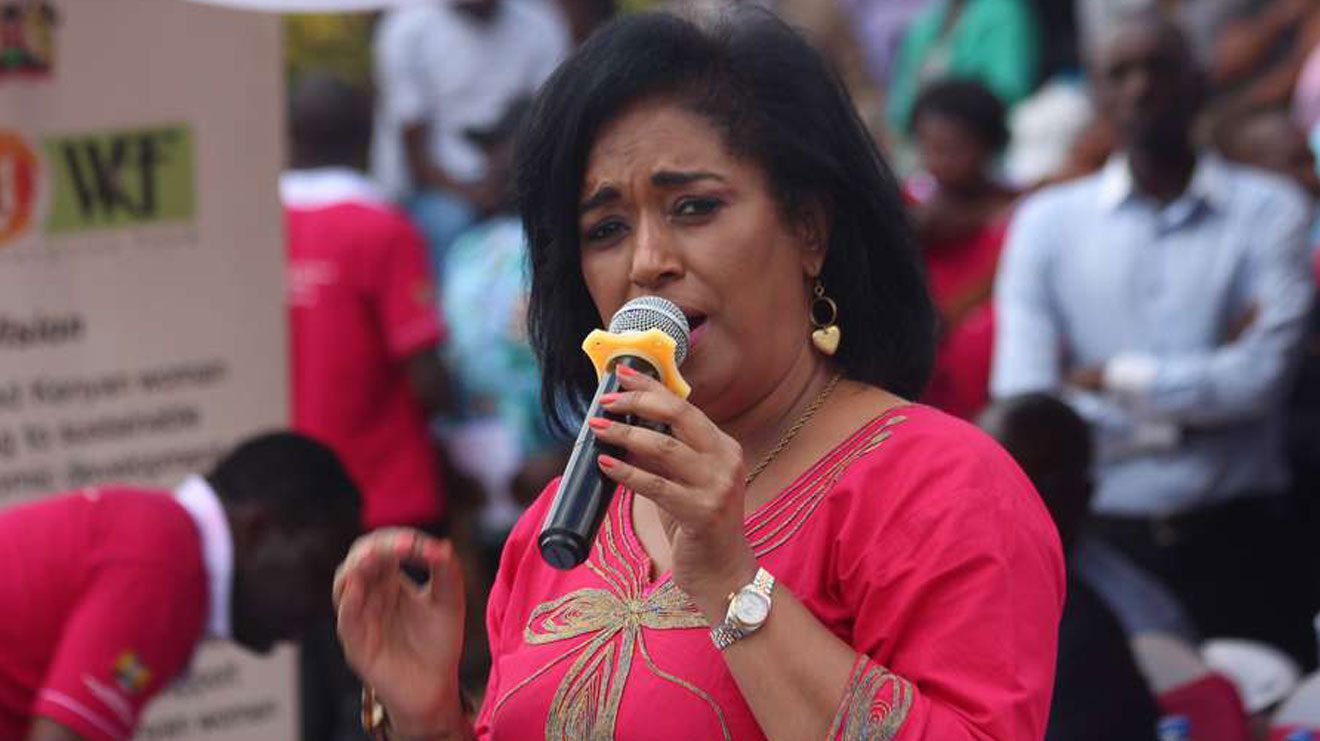Tuesday's uprising at a women's prison in Honduras resulted in 41 fatalities.
It is believed that after a struggle between rival gangs, one of the gangs set a cell on fire.
According to officials, most of those dead were killed in the fire, but some also perished from gunshots, stab wounds, and beatings.
An investigation is being conducted to determine how the prisoners got machetes and automatic firearms into the jail.
Social media posts from President Xiomara Castro, who started a war on gangs last year, stated that she was "shocked by the monstrous murder of women" and would take "drastic measures" in retaliation.
Did you read this?
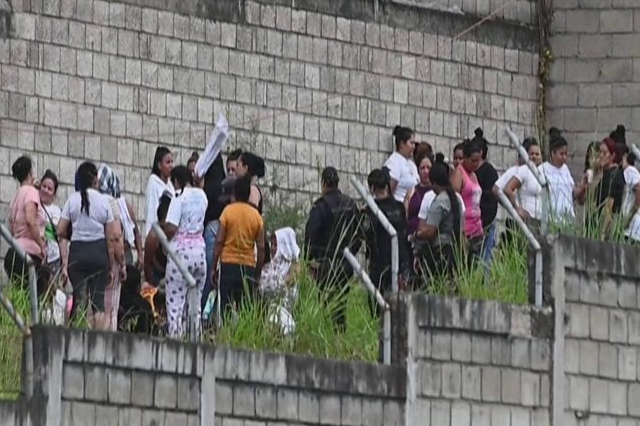
Ramón Sabillón, the security minister, has been fired, and Gustavo Sánchez, the commander of the national police force, has taken his position.
According to survivors of the fatal incident who spoke to local media, the 18th Street Gang and MS-13, two of Central America's most infamous criminal organizations, were at odds.
They claimed that when one gang's members taunted their rivals, the taunters set fire to the beds inside the cell where they were being held.
Social media videos depicted a massive plume of grey smoke rising from the women's prison, some 25 kilometres north of Tegucigalpa and housing about 900 inmates.
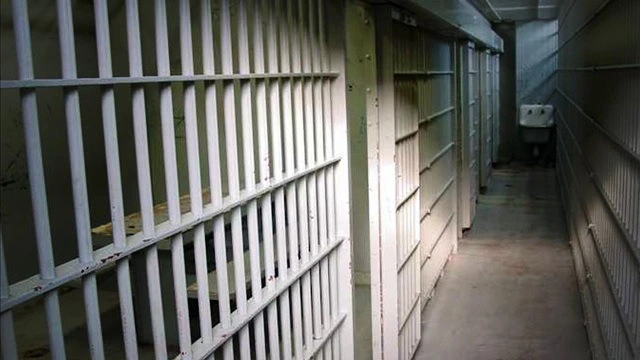
The wings are close together, even though the fighting factions are imprisoned in various locations across the jail.
On Tuesday, the turmoil started early in the morning local time.
Honduras is infamous for its gang-related violence and corruption, which has caused the country's homicide rate to skyrocket.
The nation is a significant transit point for cocaine travelling from South America to the United States, along with its neighbours, El Salvador and Guatemala.
Additionally, it has a history of violent jail riots, many connected to organized crime.
In 2019, gang fighting inside a prison in the northern port city of Tela resulted in at least 18 fatalities.

